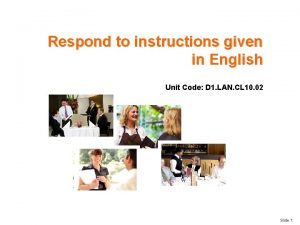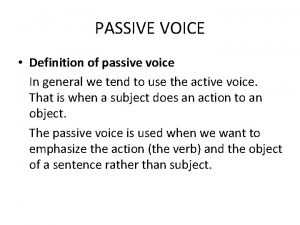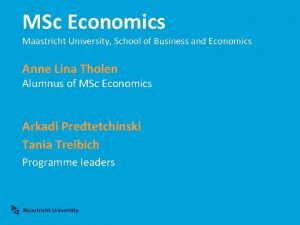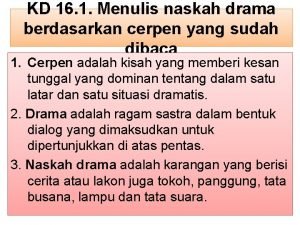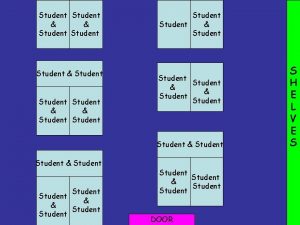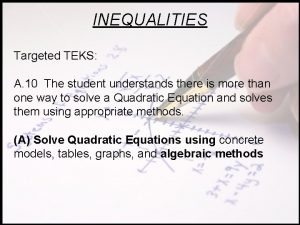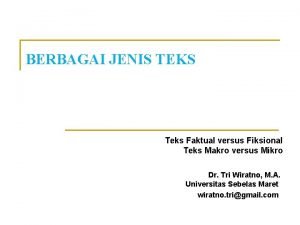TEKS 7 7 Economics The student understands the






- Slides: 6


TEKS #7 • (7) Economics. The student understands the relationship between U. S. government policies and international trade. The student is expected to: • (A) explain the effects of international trade on U. S. economic and political policies; and • (B) explain the government's role in setting international trade policies.

What are effects of international trade on U. S. economic? 1. 2. 3. International trade spreads diseases International trade wastes fuel on transports It is really very bad to transport food and goods around the world. This costs a lot in terms of money, wasted fossil fuels, air pollution, International trade increases disparities of wealth. The overall economic output of the world may increase, but the disadvantage is the fact that poorer countries go into ever greater debt so as to make the rich countries richer. The poor countries in the world now are much more miserable than they were in the past. This is due to increased free trade.

What are policies? 1. A plan or course of action, as of a government, political party, or business, intended to influence and determine decisions, actions, and other matters for example: American Indian Policies • Protecting of Indian rights to land, setting boundaries, controlling settlers access and encroachment. http: //search. yahoo. com/search? p=dicshery. com&ei=UTF 8&vm=i&n=20&fl=0&x=wrt

What is the government's role in setting international trade policies? • Trade discussions and agreements can involve literally thousands of items with perhaps as many vested interests. Hence any agreement is likely to be subject to many attempts to modify specific provisions when the agreement goes before the Congress. This implies it is almost impossible for an American President to negotiate an agreement. Any concessions made by the President are liable to be 'un-made' by the Congress. • For this reason the Congress has granted fast track to US Presidents ever since the Reciprocal Trade Agreements of 1934. Fast track enables the President to negotiate a trade agreement confident that the agreement will be voted on as a whole without amendments relating to specific items. http: //www. aph. gov. au/library/pubs/rn/1997 -98/98 rn 16. htm

 Does god understand our pain
Does god understand our pain Responding to instructions examples
Responding to instructions examples They were interviewing her for the job. she ... for the job
They were interviewing her for the job. she ... for the job Mathematical vs non mathematical economics
Mathematical vs non mathematical economics Economics and business economics maastricht
Economics and business economics maastricht Teks tersebut merupakan jenis teks
Teks tersebut merupakan jenis teks Ubahlah kutipan cerpen tersebut menjadi sebuah naskah drama
Ubahlah kutipan cerpen tersebut menjadi sebuah naskah drama

